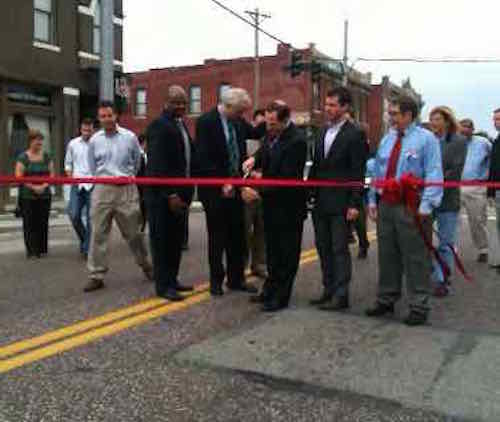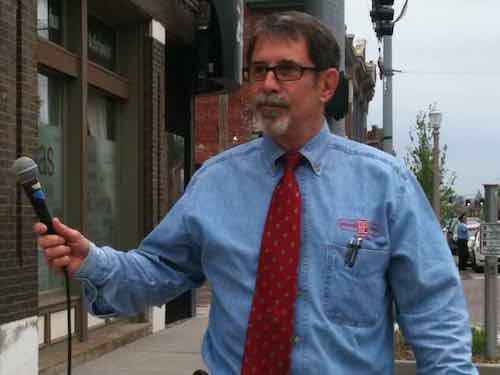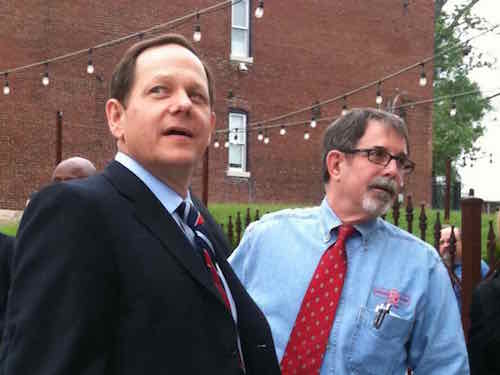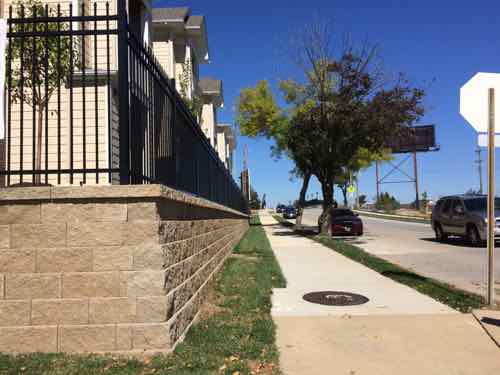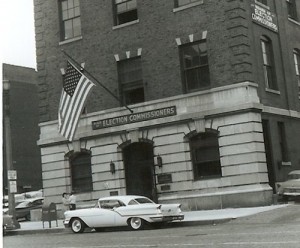Poll: Rate Prosecutor McCulloch’s Handling of the Case of Darren Wilson Killing Michael Brown
|
|

It has been nearly three months since Ferguson Police Officer Darren Wilson fatally shot Michael Brown. Despite community calls for a special prosecutor, St. Louis County Prosecutor Robert McCulloch has handled the case. It’s important to understand how the law works:
How Does a Grand Jury Differ from a Preliminary Hearing?
While all states have provisions in their laws that allow for grand juries, roughly half of the states don’t use them. Courts often use preliminary hearings prior to criminal trials, instead of grand juries, which are adversarial in nature. As with grand juries, preliminary hearings are meant to determine whether there is enough evidence, or probable cause, to indict a criminal suspect.
Unlike a grand jury, a preliminary hearing is usually open to the public and involves lawyers and a judge (not so with grand juries, other than the prosecutor). Sometimes, a preliminary hearing proceeds a grand jury. One of the biggest differences between the two is the requirement that a defendant request a preliminary hearing, although the court may decline a request.
Grand Jury ProceedingsGrand jury proceedings are much more relaxed than normal court room proceedings. There is no judge present and frequently there are no lawyers except for the prosecutor. The prosecutor will explain the law to the jury and work with them to gather evidence and hear testimony. Under normal courtroom rules of evidence, exhibits and other testimony must adhere to strict rules before admission. However, a grand jury has broad power to see and hear almost anything they would like.
However, unlike the vast majority of trials, grand jury proceedings are kept in strict confidence. This serves two purposes:
It encourages witnesses to speak freely and without fear of retaliation.
It protects the potential defendant’s reputation in case the jury does not decide to indict. (FindLaw)
And “probable cause”?
Probable cause refers to the amount and quality of information required to arrest someone, to search or seize private property in many cases, or to charge someone with a crime. (FindLaw)
From last month:
The prosecutor’s office is also presenting evidence to the grand jury as soon as it receives it, rather than waiting until the St. Louis County Police Department and the FBI have completed their investigations. Police probes are typically completed before a case is presented to a grand jury, county officials said.
As a result, jurors in the Wilson case are hearing from every eyewitness, seeing every telling photo, viewing every relevant video, and reviewing all DNA, ballistics and other test results from county and FBI labs, said Ed Magee, a spokesman for county prosecutor Robert McCulloch. They will hear testimony from Dorian Johnson, the friend who was with Brown when he died, but it is unclear yet whether they will hear testimony from Wilson.
“Normally they hear from a detective or a main witness or two. That’s it,” Magee said. “This gives us an opportunity to present all of the evidence to jurors who represent St. Louis County. They will make the decision.” (In atypical approach, grand jury in Ferguson shooting receives full measure of case)
I don’t want to sway readers one way or another before they get a chance to take the poll this week. rating McCulloch’s handling of the case. The poll is in the right sidebar.
— Steve Patterson

